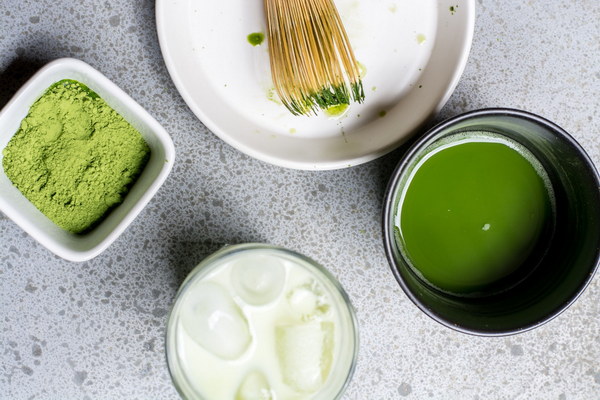Liver Care Without Liver Protectants Natural Ways to Maintain Healthy Liver Function
Maintaining liver health is crucial for overall well-being, and while there are numerous medications available to support liver function, not everyone wants to rely on them. The good news is that there are several natural ways to care for your liver without the need for prescription drugs. Here are some effective strategies to help keep your liver healthy and functioning optimally.
1. Balance Your Diet
A balanced diet is one of the most significant ways to care for your liver. Here are some dietary tips:
- Increase Your Intake of Fruits and Vegetables: These are rich in vitamins, minerals, and antioxidants that help protect the liver from damage. Aim for a variety of colors to ensure a wide range of nutrients.

- Choose Healthy Fats: Incorporate sources of healthy fats such as avocados, nuts, and olive oil into your diet. These fats can help reduce inflammation and support liver health.
- Limit Alcohol: Excessive alcohol consumption is a leading cause of liver disease. Even moderate drinking can put a strain on your liver, so it's best to limit alcohol intake or avoid it altogether.
- Avoid Processed Foods: High levels of sodium, sugar, and unhealthy fats can increase the risk of fatty liver disease. Opt for whole foods over processed ones whenever possible.
2. Stay Hydrated
Water is essential for the liver's function. It helps flush out toxins and aids in the production of bile, which is necessary for digestion. Aim to drink at least 8 glasses of water a day, more if you're active or live in a hot climate.
3. Exercise Regularly
Regular physical activity can help improve liver health in several ways:
- Boosts Metabolism: Exercise helps burn excess fat, which can help prevent the buildup of fat in the liver.
- Improves Blood Flow: Increased blood flow helps the liver remove toxins and waste products.
- Reduces Stress: Chronic stress can affect liver function, so managing stress through exercise can be beneficial.
4. Maintain a Healthy Weight
Being overweight or obese increases the risk of non-alcoholic fatty liver disease (NAFLD), a condition where excess fat accumulates in the liver. Maintaining a healthy weight through a balanced diet and regular exercise can help prevent this condition.
5. Get Adequate Sleep
Sleep is essential for overall health, including liver health. During sleep, the liver detoxifies the body, and a lack of sleep can impair this process. Aim for 7-9 hours of quality sleep per night.
6. Avoid Over-the-Counter Medications and Supplements
Certain over-the-counter medications and supplements can be harmful to the liver. Always read labels and consult with a healthcare professional before taking new substances, especially those with potential liver toxicity.
7. Limit Exposure to Toxins
Toxins from the environment, such as certain cleaning products and pesticides, can be harmful to the liver. Use natural cleaning products and choose organic produce whenever possible.
8. Manage Chronic Conditions
Chronic conditions like diabetes and high cholesterol can put additional stress on the liver. Managing these conditions through lifestyle changes and medication can help protect your liver.
9. Regular Check-Ups
Regular health check-ups can help detect any liver-related issues early. Your doctor can recommend specific screening tests based on your risk factors.
In conclusion, taking care of your liver doesn't necessarily require the use of liver protectants. By adopting a healthy lifestyle that includes a balanced diet, regular exercise, adequate hydration, and mindful avoidance of harmful substances, you can significantly reduce the risk of liver disease. Remember, the key to liver health is consistency and moderation.









